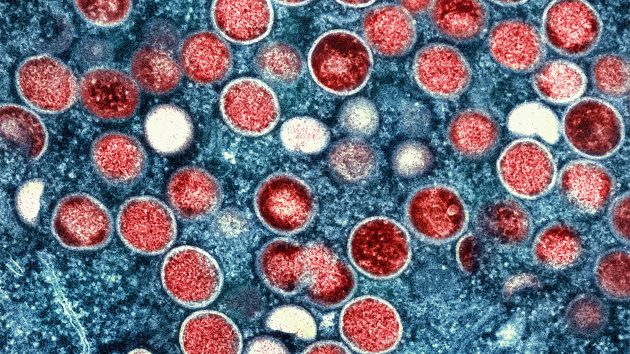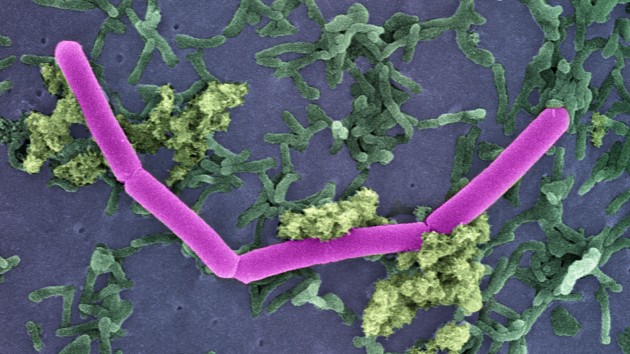Collection |
Collections
Filters
-
Collection Type
-
-
Collection |
 20th Anniversary
20th Anniversary
Nature Reviews Microbiology is 20! To celebrate this milestone, we have curated a special 20th Anniversary Collection.
Image: Stuart Neil -
-
Collection |
 Progress towards the Sustainable Development Goals
Progress towards the Sustainable Development Goals
The year 2023 marks the mid-point of the 15-year period envisaged to achieve the Sustainable Development Goals, targets for global development adopted in September 2015 by all United Nations Member States.
Image: © Springer NatureOpen for submissions -
Collection |
 Extracellular vesicles
Extracellular vesicles
Selected, recent articles from across the Nature Portfolio that document the recent progress in understanding the biology of EV-mediated cell–cell communication and advances in clinical translation of EVs.
Image: Vicky Summersby -
Collection |
 Plastics in the environment
Plastics in the environment
Plastic is ubiquitous in our lives and the environment.
Image: Lasha Tsertsvadze / EyeEm/ Getty Images -
Collection |
 Mpox
Mpox
Following the recent declaration from the World Health Organization that the ongoing monkeypox (now named mpox) outbreak is a Public Health Emergency of International Concern, the editorial teams at Nature Portfolio have curated a collection of relevant articles.
Image: NIAID -
Collection |
 Permafrost in a warming world
Permafrost in a warming world
Permafrost regions are vast and thawing.
Image: Claudia Weinmann / Alamy Stock Photo -
Collection |
 Chemical Biology of Microbiomes
Chemical Biology of Microbiomes
Interspecies communication in complex microbiome environments occurs through the small molecules, peptides, and proteins produced by both the host and the microbial residents, as highlighted in this collection of recent articles from Nature Portfolio.
-
Collection |
 Women’s health
Women’s health
Research into women’s health has suffered from historical neglect and lack of funding.
Image: Lara Crow/Springer Nature Limited -
Collection |
 Outbreaks and emerging infections
Outbreaks and emerging infections
Infectious disease outbreaks threaten human, animal and plant health, and they have implications for global health, food security, biodiversity and economic stability.
Image: Philip Patenall -
Collection |
 The plant microbiome
The plant microbiome
The UN General Assembly proclaimed that 2020 is the International Year of Plant Health to recognize and protect plant health, and to raise awareness of the crucial role of plant health in ecosystem health, food security and human health. Plants host diverse microbial communities that are associated with plant roots, the phyllosphere, rhizosphere and the endosphere, and comprise bacteria, fungi, protists, nematodes and viruses. Numerous studies from different fields of research have expanded our knowledge of the complex interactions between the plant, the associated microbial communities as well as the environment, and provided insights into the ecology and functions of this co-association, including the appreciation that the plant microbiota is important for plant growth, fitness, stress resilience and health. Such an increased understanding opens up the possibility to harness plant-associated communities for sustainable plant production and agricultural practises and to protect plants from the effects of climate change and human activities that lead to a decrease in biodiversity and the spread of plant diseases. This Collection contains Reviews and Research articles from across the Nature group of journals that cover the latest advances in plant microbiome research, addressing critical knowledge gaps that need to be addressed, such as a better understanding of the assembly of the plant-associated microbial communities, their dynamics, metabolic interactions or functional properties.
Image: Philip Patenall/Springer Nature Limited

 Best Practices in Method Reporting
Best Practices in Method Reporting